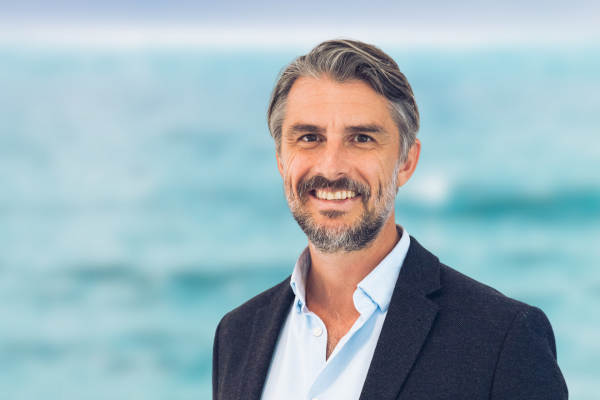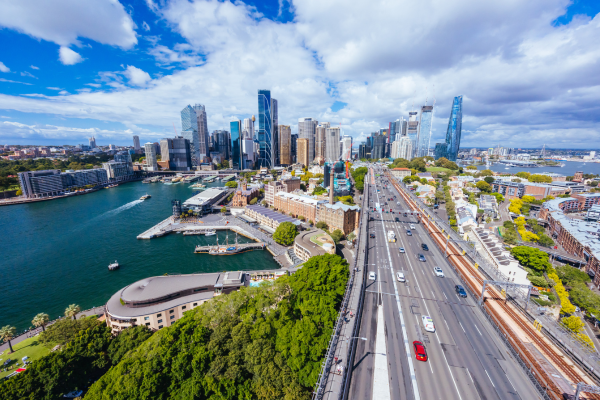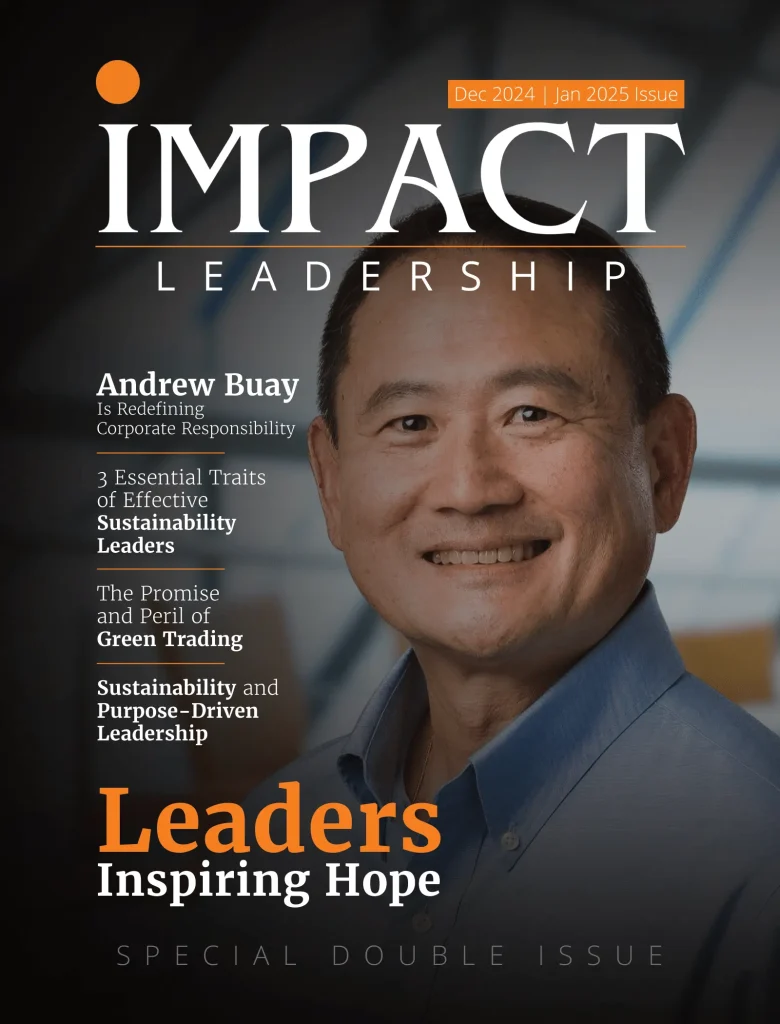The circular economy is expected to provide jobs and economic prosperity (US$4.5 trillion globally, AU$30 billion nationally) by 2030. This will drive innovation, avoid waste, make industries more efficient and create millions of new, green jobs. Australia has established a Ministerial Advisory Group to realise this opportunity and steer the national transition to circular economy by 2030. Leaders and innovators in the circular economy gathered to discuss urgent challenges and explore solutions that could lead to a sustainable future by 2030. Here’s a recap of their key takeaways.
Summary of Key Discussion Points:
- Policy and Regulation: Ban single-use products, increase recycled content in packaging, support behavioural change, and aim to be circular by 2030 through robust regulatory frameworks.
- Finance and Investment: Integrate circular economy into Taxonomy agenda, stimulate innovation through government initiatives like the National Reconstruction Fund, use carbon markets for pricing projects, and foster vertical supply chain collaborations.
- Infrastructure and Precincts: Coordinate public investment in nationwide reuse, repair, recovery, and recycling infrastructure, and establish regional hubs for circular innovation and technology.
- Industry Collaboration: Involve industry in discussions, develop metrics, support demonstration projects, legislate circular practices, and create a national circular infrastructure strategy.
- E-Waste Management: Address e-waste separately, establish consistent national legislation, and adopt a whole-system approach for management and recycling.
- Metrics and Measurement: Implement meaningful metrics for circular economy, focus on global warming impact and material footprint, emphasise wellbeing metrics, and incentivise engagement through policies like pay-as-you-throw systems.”
Speakers, Presenters and Moderators:
Prof. Ali Abbas, Chemical Engineering, University of Sydney, Chief Circular Engineer, Circular Australia Anthony Karam, Chief Executive Officer, Sircel
Belinda Paul, Founder, RCYCL
Bronwyn Voyce, Founder, Civic Futures Labs
Dane O’Shanassy, Country Director, Australia, NZ & SE Asia, Patagonia
Heinz Schandl, Circular Economy for Missions (CE4M) Initiative Lead, CSIRO
Prof. Ian Overton, Board Member, Circular Australia
Katie Dowling, Circular Australia
Lachlan Feggans, Director of Sustainability, Brambles
Mark Rodrigues, Executive Director, Climate Action & Circular Economy, DEECA, Victoria
Tim Grant, Chief Executive Officer, Lifecycles
Tim Lee, Co-Founder and CEO, Utilitarian
Read more in the September 2024 issue of Impact Leadership magazine.
Source of Information: Impact X Summit Sydney: Climate and Nature 2030 Report









